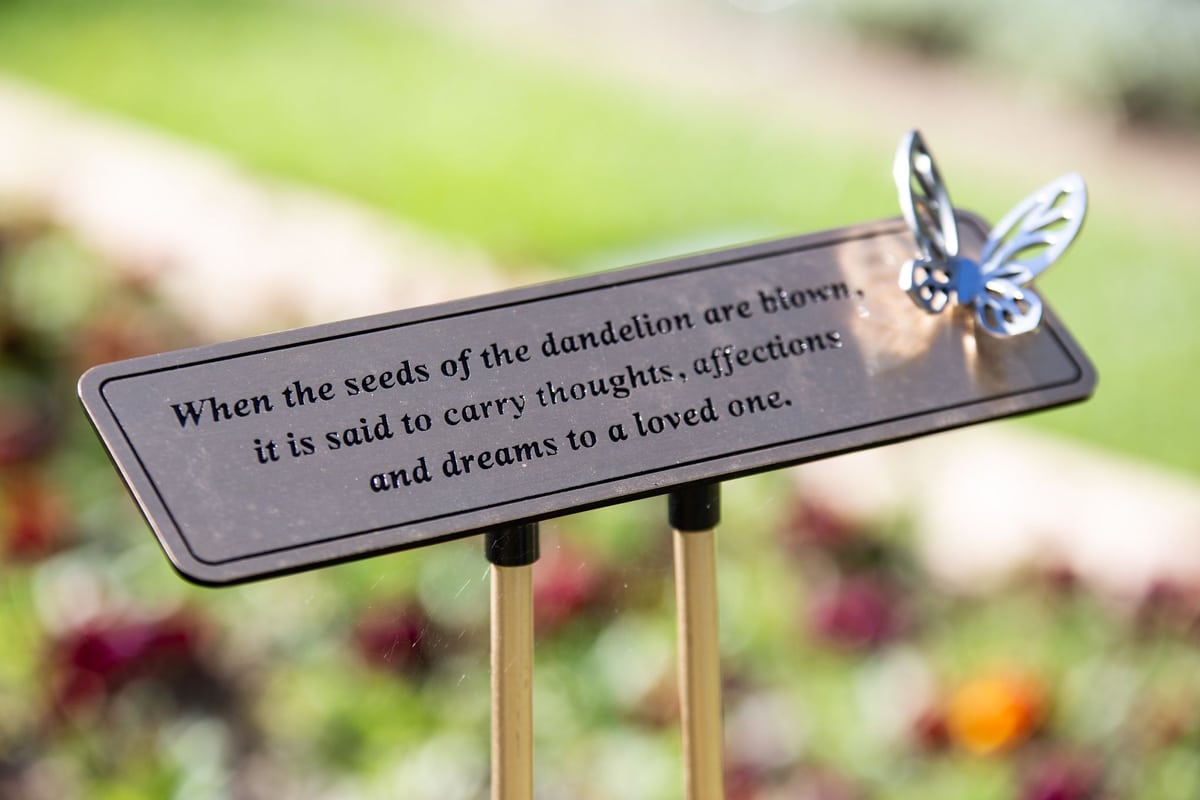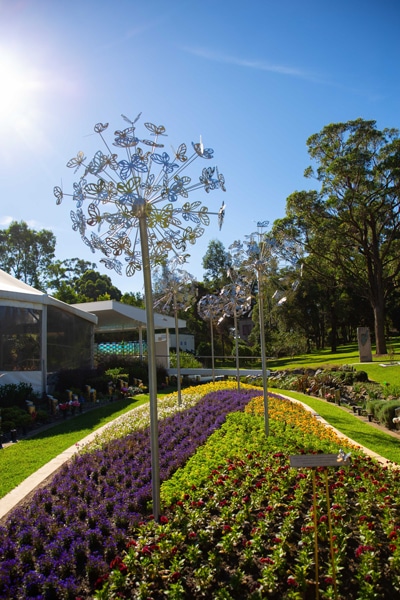
The body is an integral part of the human person deserving of respect even after death. Memorials pay respect to our departed loved ones, but are really for the living, providing a sense of place and leaving a tangible record of a loved life. Memories are precious and it is appropriate to share them with future generations. They play an important role in the grief and bereavement experience, forming a link between past, present and future generations.
When someone dies various issues can arise. One that is fundamental is how our deceased loved ones and not so loved ones for some, should be remembered after the funeral service. At such an emotionally charged time, it’s a decision which should not be made quickly, without due consideration to the consequences that may arise. Choosing a place with a permanent memorial where family and friends can visit is something worth considering for a number of reasons.
A memorial marking the final resting place with their name acknowledges the identity of the person and their relationships for eternity. This occurring in a public place is an expression of belief in the importance of community, connection and continuing bonds with each other beyond death. It’s important for finding meaning and purpose in our grief and bereavement. The unending unity between the living and dead.
Not interring in a public sacred place can diminish our love and grief, as well as the understanding of how our loved ones belonged to the entire community and not just our closest relatives. Memorialisation in cemeteries ensures that our departed are not excluded from the remembrance of the wider community. It prevents the departed from being forgotten or their remains from being shown a lack of respect. It provides a communal place where loss, grief and bereavement can be shared.
A memorial is a focus for reflection and a permanent marker for a life lived where family, friends and future generations can come to remember and pay their respects. For those who live or have lived locally, the environment is a part of them and can remain so. A memorial reminds us all that we are still part of a living community.
There are many options available to help capture the spirit of each individual and their permanent place in a community. A memorial can reflect cultural and religious integrity. A memorial is a place to commemorate a life and continue the bonds. As time passes, the significance of key dates (anniversaries, birthdays, religious days) grows and so too does the symbolic importance of a memorial.
In life and death we have relations with not only family but with communities. Without memorialisation in a cemetery our communal dimension and wider relationships are lost. It can be a disservice to the community, families and future generations if cremated remains are left in cupboards or scattered in remote or public places without a memorial.
Memorials kept at home by immediate family members may also be a problem, as they may not be accessible and in time might be lost forever. Permanent memorials, in a sacred open place is where anyone can visit at any time without imposition to others and without interruptions to themselves.
Memorial choices have evolved and cemeteries offer a wide range of settings and products to reflect the personalities, cultures, hopes, loves and faiths of not only the individual but also the family and community to whom they still belong even in death.
A monument serves as an everlasting tribute to a life well lived and life worth remembering. It is a representation of that person and how they lived, it is a final gift. They provide a peaceful focal point where family can visit and be with their loved one and family. Monuments serve as a permanent record for future generations and genealogy. People often walk cemetery grounds to appreciate these works of art and history.
Psychologists say that remembrance practices, from the funeral service to permanent memorialisation, serve an important emotional function by helping to bring closure and allowing the healing process to begin. Memorialisation has in some way or another been a part of every society as far back as we have records. Materials like stone are symbolic in that they are everlasting, much like the love that was shared by and toward your loved one.
Many people have regretted scattering the ashes of their loved ones and not memorialising them properly. Memorials provide a place to remember where the memorial will be looked after in perpetuity. Remembering makes present the love and life of our loved ones who have died.




